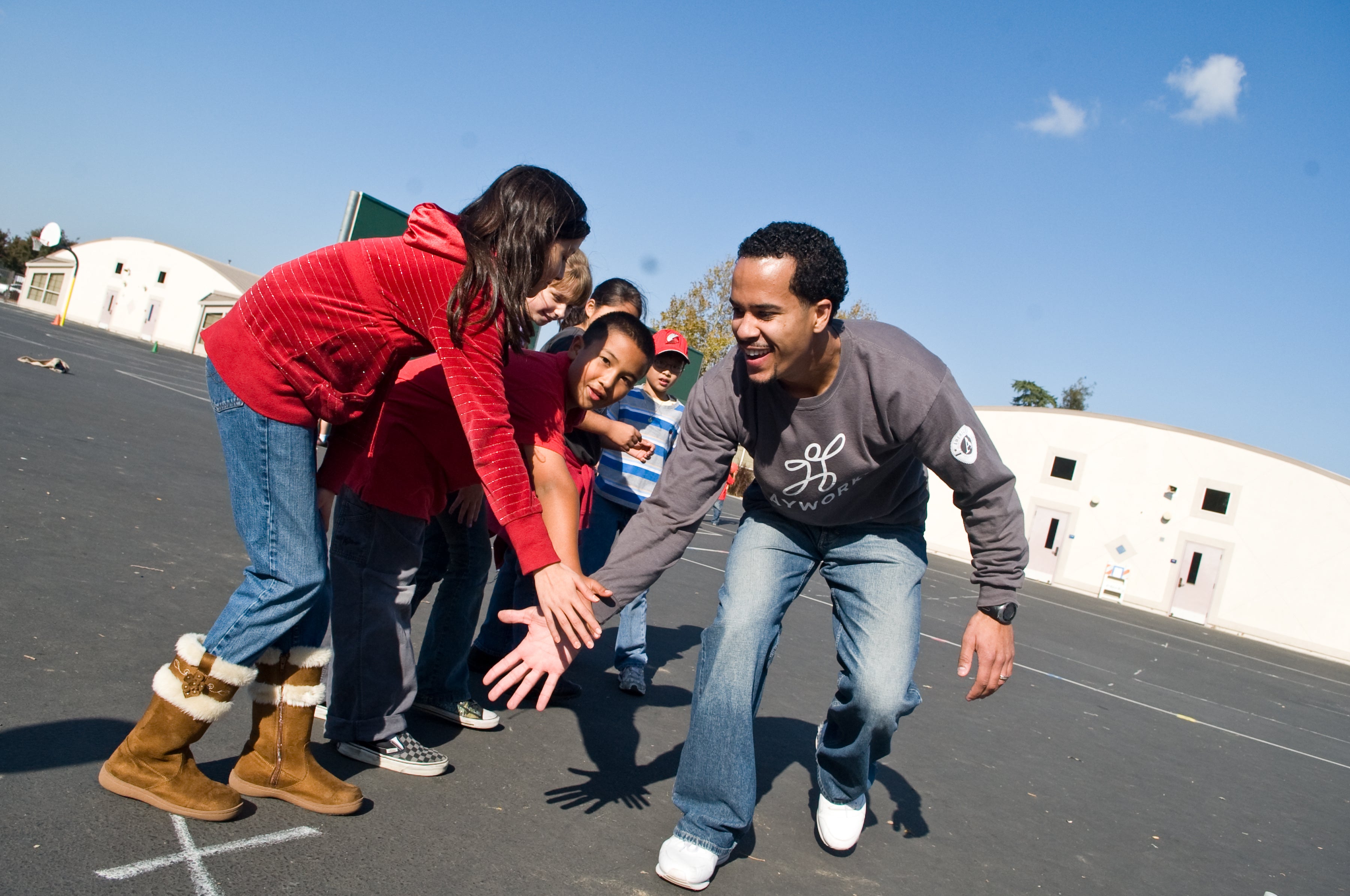Here at Wallace, we’re celebrating Youth Voice Week, and what better way to do that than to share a guest article from a youth researcher? Helen Obuna was a lead youth researcher on the report, Youth Perspectives on Designing Equitable Out-of-School-Time Programs. Below, she writes about why she joined that project, what she learned, and how it has impacted her trajectory.
I always wanted to participate in out-of-school time (OST) activities during my childhood in Denver. Still, I found myself on the sidelines due to barriers such as financial constraints, lack of information, or feeling like an outsider in spaces that claimed to be "youth-centered."
Unfortunately, my experiences are not unique. Many students, particularly those from marginalized backgrounds, face similar obstacles that prevent them from accessing OST programs. These obstacles can include unequal distribution of resources and discriminatory practices. Such barriers can perpetuate a cycle of exclusion that deprives young people of invaluable opportunities for growth and enrichment.
Centering Youth Voice
When I heard about the opportunity to participate in a youth-led research project to make out-of-school time spaces more accessible, I saw my chance to make a difference for other students excluded from OST programs.
Youth participatory action research (YPAR) is a model that recognizes youth as not passive recipients of education but active participants who bring diverse perspectives, knowledge, and experiences. YPAR operates under the principle that young people should be deeply involved in developing solutions to challenges that directly affect them.
The challenge our YPAR project tackled was inequity in out-of-school-time programs. Research shows that young people from working-class backgrounds have less access to and engagement with these programs than their peers. To inform solutions to this problem, I collaborated with ten other high school students from New York, Colorado, and Kentucky to develop and conduct a survey and focus groups to understand young people’s perspectives on out-of-school time. We conducted four online focus groups and administered an online survey to 191 teens.
Through this research, I learned that many young people face barriers to accessing OST programs due to factors such as unequal distribution of resources and admissions criteria. Most importantly, I found that youth voice and leadership are essential in building programs that meet the needs of young people.
Many young people also shared their struggles in being treated with respect and having their ideas acknowledged by adult leaders. We shared recommendations for the field, including allocating funding for targeted youth outreach, eliminating behaviors within programs that mistreat or exclude marginalized youth, and providing resources to minimize common barriers to participation. Adopting an open-door policy and training program leaders on anti-racism and youth-led practices are essential to creating inclusive environments. Furthermore, involving young people in decision-making processes about OST program content and practices ensures their voices are heard and valued.
Building Essential Skills
Participating in this research project was an incredibly valuable experience in my journey as a young student. I gained practical knowledge in qualitative research methods, learning to gather various perspectives and insights by conducting interviews and facilitating focus groups. Working with multiple research methods and coding qualitative data also allowed me to understand the complexities of research better.
What truly impressed me was the level of trust the lead adult researchers placed in the youth researchers, entrusting us with important responsibilities that boosted my confidence and helped me gain a deeper understanding of the research process. These experiences have shown me the importance of empowering young people to participate in research and contribute meaningfully to academic discourse.
The YPAR project gave me agency and a voice to make decisions and share my opinions, a crucial skill to develop as a young student.
This experience not only deepened my knowledge of qualitative research but also highlighted the tangible impact that bridging research and community engagement can have on society. As an undergraduate at Colorado State University, I have actively pursued similar initiatives that focus on amplifying the voices of marginalized students. These experiences have strengthened my belief in the transformative power of education for young people. They have also reinforced the potential for growth and empowerment in pursuing my passions, especially as a first-generation college student.
Moving Toward Equity
As I prepare for graduate school, I dream of becoming a leading researcher and advocate in medical anthropology, dedicated to addressing health disparities and promoting equitable healthcare. Using methodologies such as YPAR and community-centered action, I aim to collaborate closely with community members to develop evidence-based solutions that improve public health outcomes and reduce disparities in underserved populations.
My experience with The Wallace Foundation has strengthened my academic pursuits and motivated me to bring about significant change through research and advocacy. My involvement in YPAR has equipped me with the necessary skills and knowledge to achieve these goals and make a meaningful contribution to higher education. However, it is time for systemic change. As I reflect on my journey and listen to the stories of others, it becomes clear that we must take collective action and commit ourselves to creating inclusive spaces where everyone can thrive.
Learn more about this research project by checking out the report or our Beyond the Classroom podcast.




